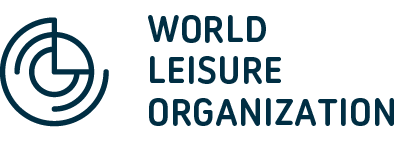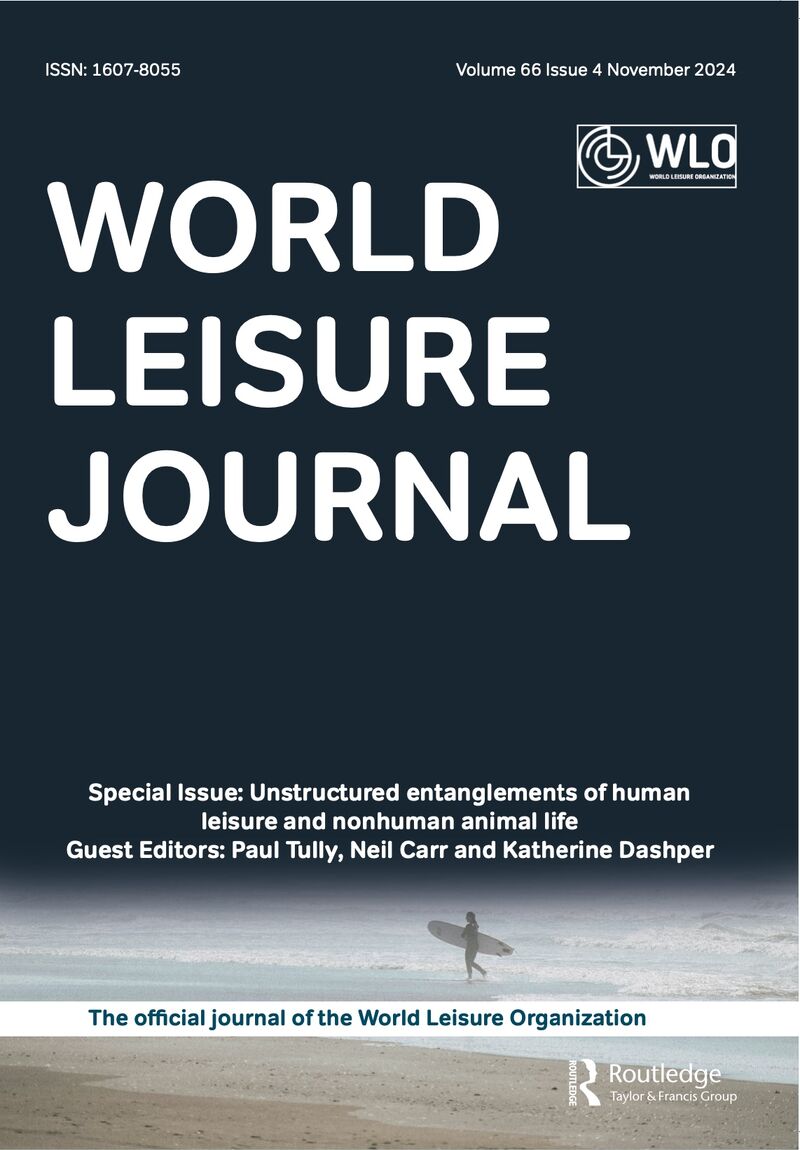The World Leisure Journal is the official journal of the World Leisure Organization, and is an international forum aiming to stimulate a broad discussion of critical leisure research and theory in all its guises. The journal is aligned with the principles of the World Leisure Organization, and is dedicated to furthering our understanding of the benefits of leisure; advancing the quality of life, health, and well-being of individuals, communities, and nations; encouraging social inclusion and promoting social justice through leisure.
The World Leisure Journal welcomes submissions from multiple areas of study that reflect the diversity of ways in which leisure can be conceptualised and approached. Papers must be grounded in one or more leisure-related concepts, theories, or processes. We welcome a global perspective on leisure that is relevant to a global or local context. We encourage submissions that bring different cultural views and Indigenous ways of knowing, knowledge, and perspectives.
Comparative cross-national and cross-cultural research reports are welcome. The subject matter in papers should be leisure-centred and may be addressed from perspectives derived from the social, behavioural, and biological sciences, education, and the humanities. All are required to make an original contribution to knowledge in the leisure field. In addition to original research papers and review essays, systematic literature reviews, book reviews, research notes, commentaries, interviews, and methodological contributions are invited for consideration in the World Leisure Journal .
The journal publishes special issues that showcase research on single themes of particular importance to the field, and occasional guest contributions. The Journal is published quarterly in both print and electronic formats.




